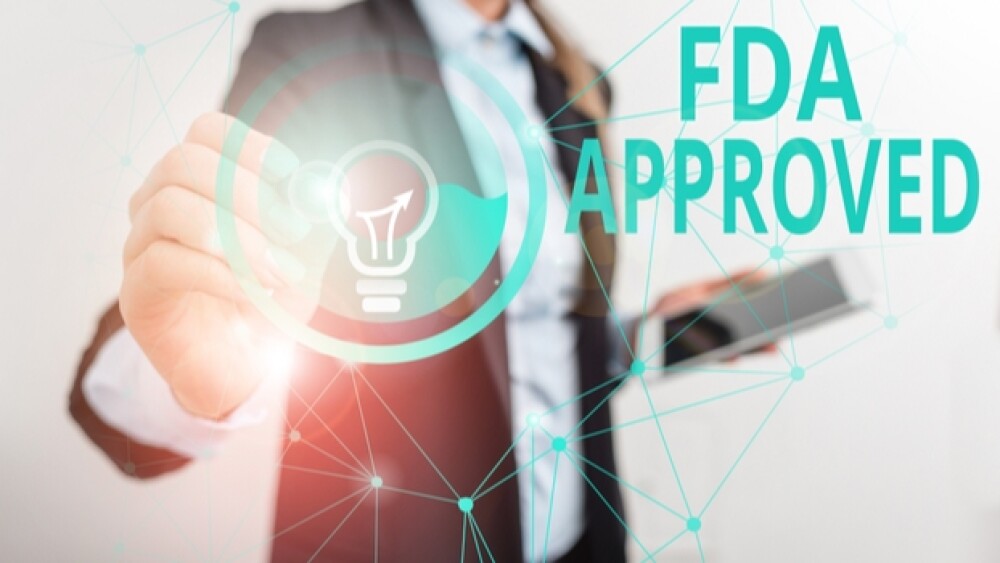The U.S. Food and Drug Administration granted emergency use authorization to Rutgers’ RUCDR Infinite Biologics for its test that uses saliva.
Currently, the tests to diagnose COVID-19 require a swab from deep in the nasal passages or the back of the throat. The U.S. Food and Drug Administration (FDA) granted emergency use authorization (EUA) to Rutgers’ RUCDR Infinite Biologics for its test that uses saliva. The test method was developed by RUCDR with Spectrum Solutions and Accurate Diagnostic Labs (ADL).
“The impact of this approval is significant,” said Andrew Brooks, chief operating officer and director of technology development at RUCDR. “It means we no longer have to put health care professionals at risk for infection by performing nasopharyngeal or oropharyngeal collections. We can preserve precious personal protective equipment for use in patient care instead of testing. We can significantly increase the number of people tested each and every day as self-collection of saliva is quicker and more scalable than swab collections. All of this combined will have a tremendous impact on testing in New Jersey and across the United States.”
ad
The Trump administration’s COVID-19 testing task force has already contacted RUCDR about how they can help expand testing and allow labs to leverage the technology. Biopharma executives for companies involved in COVID-19 testing also contacted the group.
“I have spoken with these companies’ leadership to not only share knowledge but to create opportunities for continuing to help innovate during this crisis,” Brooks said. ‘We will work closely with these new partners, the FDA and the White House task force to leverage everything Rutgers has to offer to not only help our community but also make a global impact.”
The COVID-19 pandemic has caused a massive focus on the part of life science companies to develop diagnostic tests for the virus as well as for serological antibody tests to determine if people have been exposed and have immunity to the disease.
On April 3, the FDA approved the first blood test for antibodies against COVID-19. That was by Research Triangle Park, North Carolina-based Cellex. About the same time, Mayo Clinic developed its own antibody test and began offering it on April 6.
Stanford Medicine researchers have joined the list of organizations that have developed an antibody test, which was launched April 6 at Stanford Health Care. It is different from an externally developed test Stanford utilized for a prevalence study during a community screening event.
The Stanford test provides results in two to three days and Stanford Health Care can test 500 samples per day. It believes it can scale that up quickly.
Although there are numerous vaccines in development, most optimistic projections don’t have one being available until mid- to late-2021 or possibly even later. Without a vaccine, the most likely exit from the pandemic will require wide-scale testing for the disease and antibodies against the disease followed by contact tracing—identifying who people who test positive for the disease have been in contact with and isolating them. People who test positive for antibodies against the virus will presumably have immunity and can proceed normally. At least, that’s how it usually works, but there is no evidence yet exactly how long such immunity would last.
This Rutgers test would definitely make the testing for the disease easier.
Jay A. Tischfield, founder, chief executive officer and scientific director of RUCDR said, “The test can help hospital-based and private physicians to accurately assess the infection status of more patients, with RUCDR Infinite Biologics doing the analysis.”
Brooks added, “Saliva testing will help with the global shortage of swabs for sampling and increase testing of patients, and it will not require health care professionals to be put at risk to collect samples. Saliva testing will also be important for people who are in quarantine because they don’t know how long it will be until they are no longer infectious. This will allow health care workers to release themselves from quarantine and safely come back to work.”
RUCDR recently announced it had launched a genetic testing service for SARS-CoV-2 that can test thousands of samples daily. The new saliva test has the potential to increase the numbers to tens of thousands of daily samples.





